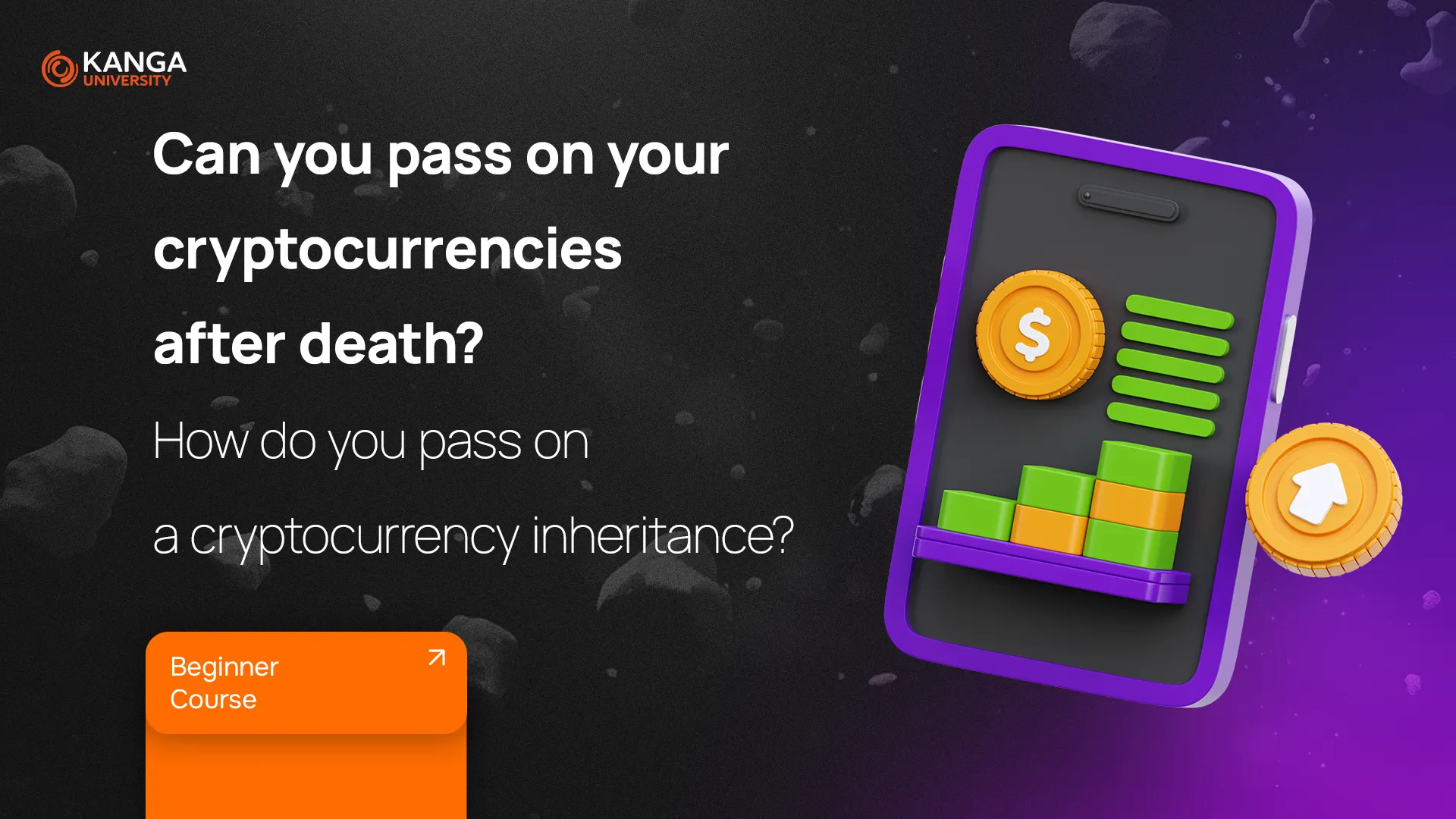
Cryptocurrencies like Bitcoin and Ethereum have become valuable investments, but few investors think about what happens to their digital assets after they pass away. Unlike traditional bank accounts, crypto holdings don’t automatically transfer to heirs unless a proper plan is in place.
Since cryptocurrencies are stored on the blockchain and accessed through private keys, losing access to these keys means losing the assets forever. That’s why planning your crypto inheritance is essential to ensure your loved ones can access and manage your holdings securely.
Understanding Crypto Inheritance
Passing on cryptocurrencies is more complicated than traditional assets. Unlike bank accounts or real estate, there’s no central authority that can grant access to your funds after death. If your heirs don’t have your private keys, they won’t be able to recover your assets.
Key steps to secure crypto inheritance:
✔ Include your cryptocurrencies in your will – Make sure your digital assets are listed alongside your traditional assets.
✔ Store your private keys securely – Your private key should be stored safely and made accessible to your heirs when needed.
✔ Plan ahead – Without access instructions, your crypto may be lost permanently.
Since laws regarding digital inheritance vary by country, consulting a legal expert specializing in cryptocurrency is advisable.
Challenges in Crypto Inheritance
When a crypto holder passes away, several issues may arise, including:
-
Lack of access to private keys
- Unlike traditional assets, cryptocurrencies are locked behind private keys. If these keys aren’t shared, the funds are effectively lost forever.
-
Unclear legal regulations
- Many countries don’t have clear laws on how cryptocurrencies should be inherited, making the process complicated.
-
Privacy concerns
- Some crypto investors prefer to keep their holdings private. However, if heirs are unaware of their existence, those assets could be lost permanently.
How to Ensure Your Crypto is Passed On Securely
-
Create a Digital Will
- Clearly specify who should inherit your cryptocurrencies and how they should access them. This is especially important for those using private wallets.
-
Secure Your Private Keys
- Store backup copies of private keys or seed phrases in a safe location. Consider using a secure vault or a safety deposit box.
-
Use Digital Inheritance Services
- Some platforms offer digital asset inheritance services, allowing you to pre-assign beneficiaries and set conditions for asset transfer.
-
Legal Documentation
- In some countries, you can legally include cryptocurrencies in estate planning documents to avoid legal complications.
Summary
Cryptocurrencies are valuable assets, and planning for their inheritance is just as important as managing traditional investments. Without proper precautions, your digital wealth could be lost forever.
By taking steps like creating a will, securing private keys, and considering digital inheritance solutions, you can ensure that your loved ones can access and manage your crypto assets according to your wishes.
